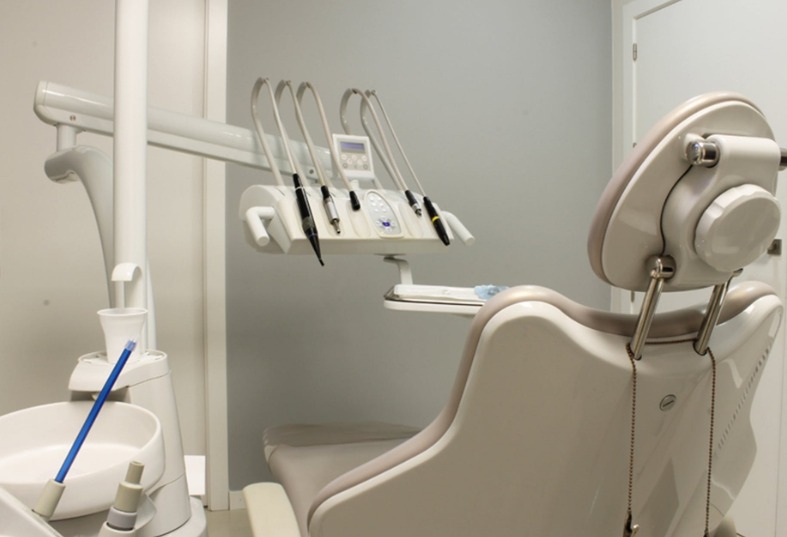
Working While Studying in Canada
The quality of education in Canada is recognized worldwide as one of the best in the world. Canada is the most welcoming nation in the world and ranks #1 in the United Nations Quality of Life Index. Multicultural society is at the center of Canada’s progressive and friendly environment. Students graduating from Canadian colleges and universities inherit a strong earning potential, as Canada created 1.6 million new jobs in the last decade itself. Regardless of your budget Canada has just the right education for you. Canada has one of the lowest universities tuition fees among all English-speaking countries.
Once you decide about moving to Canada as an international student the next biggest question is how to earn money for survival as well as Canadian work experience while studying. Canada offers many ways for international students to work while studying. Working in Canada can help you build contacts which will ultimately help you to secure a position after the completion of your education and ultimately to immigrate to Canada. There are four ways you can work while studying in Canada.
- On-campus work
- Off-campus work
- Co-op placements
- Internships
While working in any way the salary/wages will depend upon the skill required for the position and minimum wage set by the province you are studying.
On-campus work
On-campus means all the buildings on your college or university campus. If your college/university has multiple campuses, you can work only on the campus you are attending your classes. You can work in other locations if you are working as a teaching or research assistant. As an international student in Canada, you can work on-campus if your study permit lists the condition saying you can work on-campus.
You can work on your campus without a work permit if you fulfill the following requirements
- If you are full-time post-secondary student
- Have a valid study permit
- Have Social Insurance Number (SIN)
You can typically work for the school, a faculty member, a student organization, yourself (if you run your own business in campus), a private business operating on your campus.
Off-campus
Off-campus means working in the town or city you are studying. International students can work for up to 20 hours a week. You can work fulltime during official school breaks like winter and summer holidays and after finishing your studies and have applied for a non-student work permit.
To be eligible to work off-campus you should meet all the following requirements –
- Enrolled as a full-time student in a Designated Learning Institute (DLIs).
- You are enrolled in a post-secondary program.
- Your study program is at least 6 or more months duration and leads to a degree, diploma, and certificate.
- You have a Social Insurance Number (SIN).
You cannot start working before the start of your program. If you are on authorized leave or switching school and not studying, you cannot work off-campus. You can only work when you start studying and between two-semester.
Co-op Placements
Many study programs include work experience as part of their curriculum. You can work on or off-campus as a co-op placement. Co-op placements are a great way to get hands-on experience in your area of study in a Canadian work setting. If co-op is part of your study program, then you can apply for a co-op work permit if
- You have a valid study permit
- Working is part of your program
- Letter from your college/university mentioning all the students in this program need to complete work placement to earn their degree
- Your co-op or internship is less than or equal to 50% of your total study
You are not eligible to apply for a co-op work permit if you are taking English or French as a second language program, general interest courses, or courses that prepare you for another program.
Internships
An internship provides you with on-the-job training. When you are an intern, someone in the workplace supervises you. By working as an intern, you gain knowledge and skills to help you succeed in a trade or profession.
The work permit you need for an internship is the same as the work permit for a co-op student.
How to get Social Insurance Number (SIN)
Social Insurance Number (SIN) is a 9-digit number provided by the Government of Canada. SIN makes you eligible to work in Canada and avail government benefits and services.
To apply for a SIN to work on-campus, you must have 1 of these conditions printed on your study permit:
- May accept employment on or off-campus if meeting eligibility criteria as per R186(f), (v) or (w). Must cease working if no longer meeting these criteria.
- This permit does not authorize the holder to engage in off-campus employment in Canada. May accept employment only on campus if meeting eligibility criteria as per R186(f). Must cease working if no longer meeting these criteria.
If you’re eligible to work on campus, but we didn’t include either of these conditions on your study permit, you can ask to have them added.
To apply for SIN to work off-campus, you must have 1 of these conditions printed on your study permit:
- May work 20 hours per week off campus or full-time during regular breaks if meeting criteria outlined in paragraph 186(v) of the Immigration and Refugee Protection Regulations.
- May accept employment on or off campus if meeting eligibility criteria, per paragraph R186(f), (v) or (w) and must cease working if no longer meeting these criteria.
If your study permit doesn’t have work conditions on it then you can ask to have these conditions added if you’re eligible to work off-campus.















